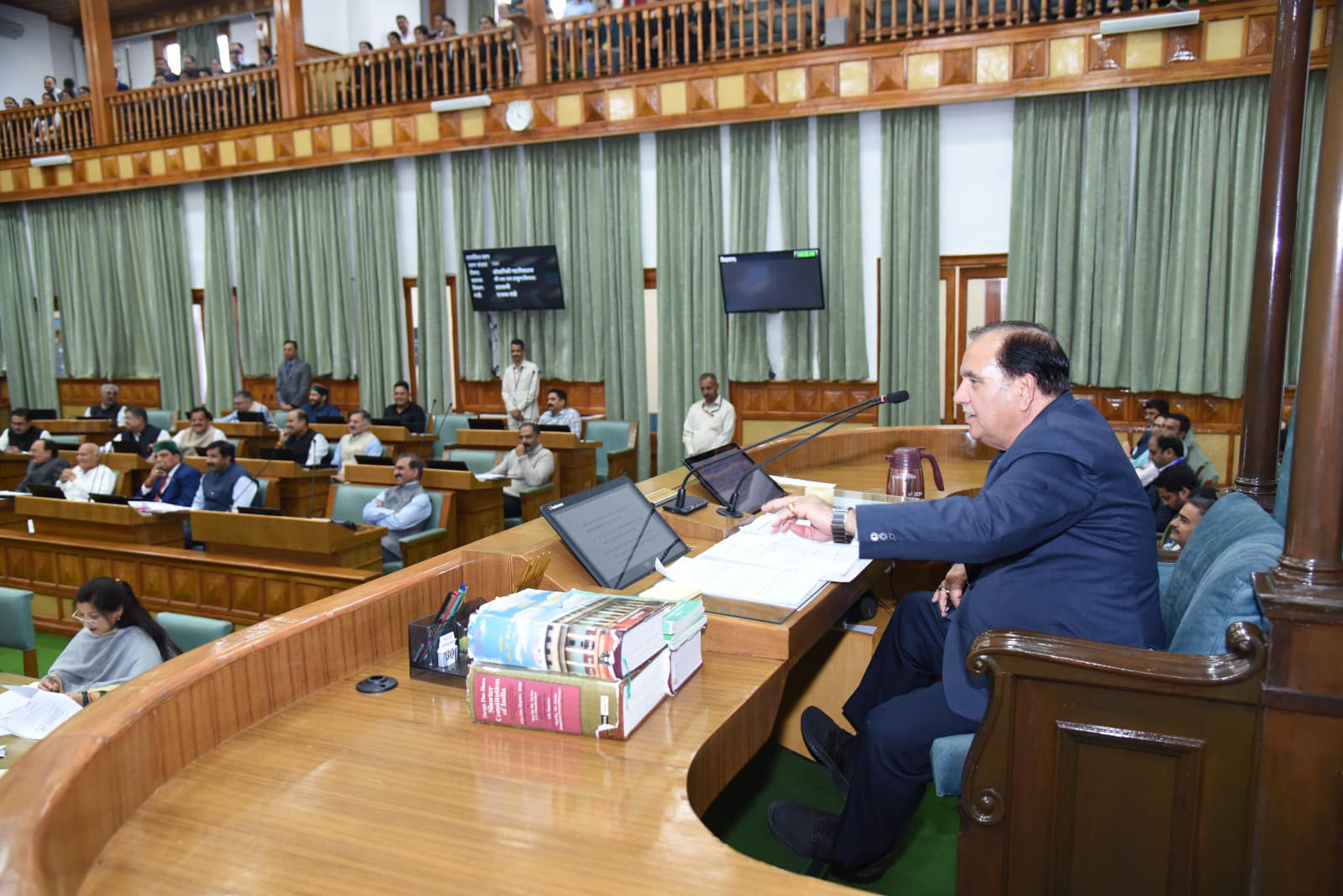Role of Legislature in Democracy
The Legislature has an important role in democracy because it is the branch of the government responsible for making laws/legislation of the country and the state. The Legislature is empowered to assess the work of the Executive through practices like “Question Hour” and “Zero Hour”, to ensure accountability of public representatives. Functions of the Legislature include discussion of matters of national importance and issues, challenges, and needs of the public. It also formulates policies, makes laws, keeps parliamentary surveillance on the government, exercises financial control, and also controls the functioning of the government through various committees.
1.1 Importance of Question Hour
In democracy, Question Hour can be used as a Brahmastra by MLAs and MPs in the state assemblies. In the parliamentary system, various types of information can be sought from the government through Question Hour by the members of the Legislature.
One hour is dedicated as the “Question Hour” in all Legislative Assemblies, Legislative Councils, and the Parliament, and this hour is dedicated to the questions raised by the members about any aspect of administrative and public interest activities. The members can ask questions related to public interest in various departments or ministries related to the country and the state. Similarly, members can raise issues of their area and state. The concerned minister is bound to answer the member verbally or in writing, depending on the type of questions raised. It is only during the Question Hour that members can ask questions to get relevant information on different aspects of administration, government activities, policies, etc.
Question Hour is very important in the Himachal Pradesh Legislative Assembly. The members can ask two Starred questions in one sitting. Supplementary questions can also be asked on starred questions. Under Rule 61, if the answer given to a Starred Question is not satisfactory, then the member can again ask a question on the subject. In such cases, a notice of three days must be given. The members can ask three Unstarred questions; answers to these are provided in written form by the concerned department. A member has to give a notice of “Short Notice Question” to the Secretary, Legislative Assembly, 5 days in advance.
As soon as the order of the Governor to issue a notification related to the session is received, the notification is issued by the Legislative Assembly Secretariat. All notices of Starred, Unstarred, Short Notice, and Rule-61 questions are sent by the Legislative Assembly Secretariat to the concerned departments for further action.
It has been observed that whatever issues are raised by the Legislature under various rules, the Executive provides evasive answers. If the Legislature is to be strengthened then whatever issues of public interest are being raised by the legislators, the Executive should take immediate action in response to those questions, so that the importance of Question Hour can be maintained. When a member is given permission by the Speaker to ask supplementary questions to their Starred questions, it seems that the answers given by the Ministers are not satisfactory and often reflects an evasive attitude of the Executive.
In the past, whenever any department provided, "information is being collected," as the answer, it was customary for the answer to be provided same session; but now the attitude of the Executive has become such that, even after three or four sessions have passed, departments are not providing answers to the questions, due to which the importance of Question Hour is waning. There is a provision in the procedure and work conduct rules of Himachal Pradesh Legislative Assembly that the answers to the questions asked by the members during the session should be provided by the department within a fixed time period.
Question Hour is very important for the members, because if they are unable to get the public interest work done directly through the government, they can raise those matters through questions and force the Executive to take immediate action on it. When these questions are discussed in the Legislative Assembly and when the answers are made available, the issue becomes public, and the people, whom the member represents, become aware that issues that matter most to them are being raised in the House. Therefore, this also benefits people at large.
1.2 Zero Hour
Zero Hour is an informal way of raising public issues in the assemblies. Zero Hour was first introduced in the Himachal Pradesh Legislative Assembly by the Hon’ble Speaker in the seventh session of the Fourteenth Legislative Assembly held at Dharamshala. It starts immediately after the Question Hour. During Zero Hour, MLAs can raise issues of public importance with the permission of the Speaker and immediate action can be taken on those subjects by the concerned departments.
§§§
